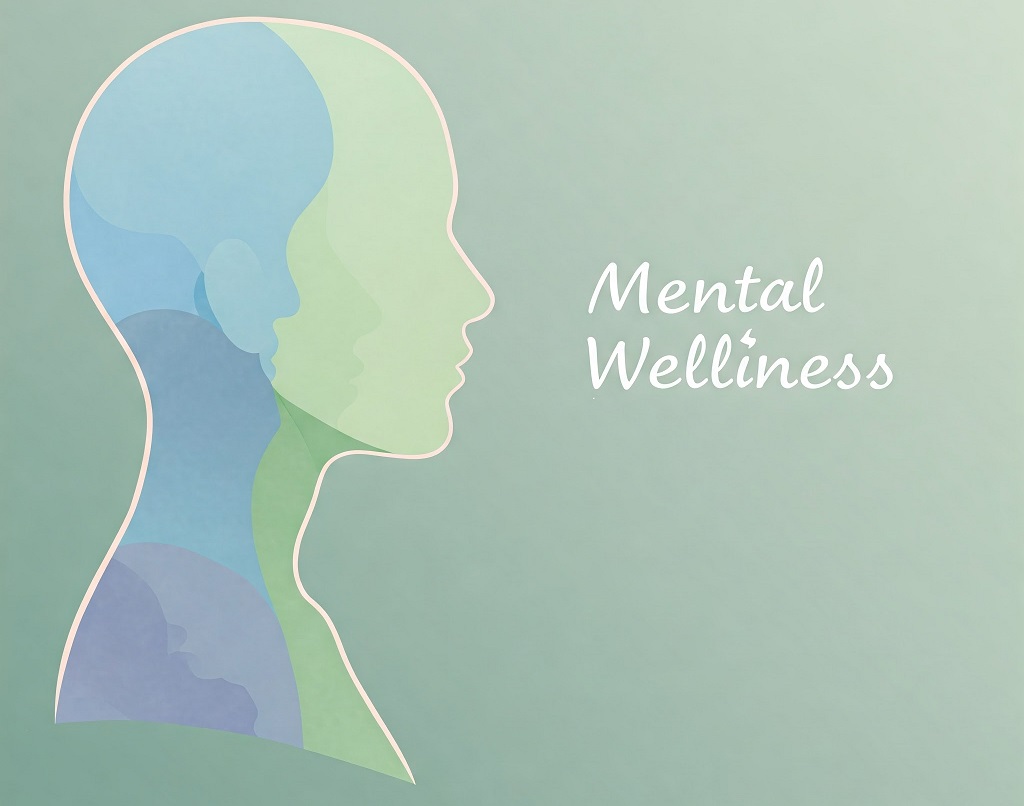What Is Self-Care?
Self-care is more than just a buzzword – it’s a vital component of maintaining one’s mental and emotional well-being. In today’s fast-paced world, the importance of taking time to look after your own needs cannot be overstated. This isn’t merely about indulgence; it’s about survival and thriving amidst life’s many demands. By consciously prioritizing activities that promote health, happiness, and balance, individuals can build resilience and better respond to stressors. Self-care involves creating a sustainable routine that encompasses various facets of a person’s life, ensuring overall wellness.
One effective way to support self-care is through professional guidance like online therapy in San Francisco Bay Area. This resource not only helps identify self-care needs but also aids in integrating effective practices into daily life. With increasing recognition of the need for mental health support, online therapy provides a convenient and accessible option for people seeking to enhance their self-care routines and navigate their mental wellness journey.
Online therapy in the San Francisco Bay Area offers convenient and accessible mental health support to people seeking to receive therapy from the comfort of their homes. With a wide range of licensed therapists available, clients can find specialized care for anxiety, depression, relationship issues, and more through secure video sessions. This growing trend in virtual care provides flexibility for busy professionals and residents who may otherwise have difficulty attending in-person sessions.
Physical Self-Care
When we think of self-care, physical health often takes center stage, and for good reason. Engaging in activities that nurture your body, such as maintaining a well-balanced diet, engaging in regular physical activity, and ensuring adequate rest, are essential components of self-care. These habits contribute considerably to your overall health, enhancing both physical and mental outcomes. For example, exercise is proven to release endorphins, which naturally boost mood and help alleviate stress.
Understanding the connection between physical self-care and mental health is crucial. According to Healthline, integrating these habits into everyday life can lead to various health benefits, such as improved mood, higher energy levels, and a stronger immune system. Simple changes, like setting aside time for a short walk each day or prioritizing a consistent sleep schedule, can have profound impacts on your well-being.
Additionally, paying attention to your physical health helps reduce the likelihood of developing chronic conditions, allowing you to live a longer, more active life. It can also provide a sense of accomplishment, boosting your self-esteem as you see positive changes over time. Small acts of self-care, like stretching in the morning or practicing deep breathing before bed, can create significant improvements in both physical and mental health. As you take care of your body, it becomes easier to maintain a sense of balance and peace in other aspects of life. Focusing on physical well-being can serve as a foundation for other types of self-care, contributing to an overall sense of harmony.
Emotional Self-Care
Emotional self-care revolves around understanding and managing your emotions, which is crucial for sustaining mental health. This aspect of self-care includes identifying what triggers stress or other negative emotions and learning how to cope with these feelings in health-friendly ways. Practices such as mindfulness, deep-breathing exercises, or seeking supportive interactions through therapy can play a substantial role in enhancing emotional resilience and overall well-being.
Regularly engaging in activities that cater to emotional health, such as creative expression through art or music, or simply spending time with loved ones, can strengthen emotional intelligence and stability. By building emotional awareness, individuals are better equipped to handle life’s challenges, reducing the likelihood of burnout and emotional exhaustion.
Taking time for self-reflection and cultivating gratitude can also foster a more positive mindset. Establishing emotional support networks, whether through friends, family, or community groups, offers an additional layer of resilience when facing adversity. Emotional self-care helps prevent emotional fatigue by providing the tools necessary to process and release pent-up feelings in a healthy manner. Prioritizing emotional well-being ensures a more balanced approach to life’s challenges, fostering growth and self-discovery. By incorporating emotional self-care into daily life, individuals are empowered to face stressors with more confidence and ease.
Mental Self-Care
Mental self-care prioritizes activities that stimulate the mind, ensuring cognitive health and clarity. This form of self-care can involve engaging in mentally stimulating activities such as reading, puzzles, or adopting new skills, which not only challenge the brain but also offer pleasure and fulfillment. Maintaining mental sharpness is essential as it aids in decision-making, concentration, and managing stress.
According to Psych Central, incorporating mental challenges into your routine is not only enjoyable but also necessary for staying mentally agile. Taking time to unplug from screens and explore hobbies that stimulate curiosity, such as gardening or painting, can also contribute to mental well-being. Consistency in these practices helps establish a balance that supports holistic health.
It’s also important to periodically assess the mental stressors in your life and take proactive steps to mitigate them. This might include finding healthier ways to manage work-related pressures or adjusting your environment to reduce mental clutter. Cognitive breaks, such as taking a walk or listening to music, can also provide mental clarity and prevent burnout. Engaging in intellectual discussions with others or exploring new topics can prevent stagnation and keep your mind sharp. Mental self-care helps maintain a sense of curiosity and lifelong learning, which can lead to higher satisfaction and joy.
Practical Self-Care Steps
- Set personal boundaries and learn the power of saying no to avoid stretching yourself too thin.
- Schedule regular mindfulness or meditation sessions to center your thoughts and reduce stress.
- Stay hydrated and maintain a balanced diet rich in nutrients to support your body’s functions and vitality.
- Include leisure activities that truly bring you joy, whether it’s dancing, hiking, or indulging in a good book.
- Regularly evaluate your self-care routine to ensure it meets your present needs, and make adjustments as necessary.
By consistently applying these practical steps, you can build a sustainable self-care routine that aligns with your personal goals and values. Developing the habit of self-care will help prevent burnout and improve your overall resilience. Prioritizing your well-being allows you to be more present in other areas of life, including work and relationships. Taking the time to focus on self-care enhances your ability to support and care for others, creating a more harmonious life. Remember that self-care is a lifelong practice, requiring attention and care as your needs evolve.
Resources for Better Self-Care
Embarking on the self-care journey can be more fruitful with the right resources at hand. Whether through books, online platforms, or professional therapy, seeking out valuable information and community support can vastly improve your self-care practice. For those looking to explore more efficient self-care strategies, delving into dedicated spaces focused on mental and emotional wellness can be transformative.
Joining support groups or communities allows for shared experiences and tips, fostering an environment where individuals can learn from one another, thereby elevating their self-care routines. The collective wisdom accessible through these channels offers a robust foundation for building and sustaining effective self-care habits.
Support groups provide a space where individuals can freely express their challenges, successes, and learnings, encouraging mutual growth. Online platforms, in particular, have become instrumental in connecting people with similar self-care goals and interests. Engaging with a supportive community can elevate motivation and provide accountability, helping you stay on track with your self-care journey. These groups also offer a sense of belonging, minimizing feelings of isolation and promoting emotional wellness. By tapping into these valuable resources, you gain valuable knowledge and insights that enable you to create a more fulfilling self-care routine.
Conclusion
In conclusion, self-care is a powerful and necessary tool for maintaining mental, emotional, and physical well-being. By understanding the various aspects of self-care and incorporating them into daily living, individuals can build resilience and nurture a healthier relationship with themselves. Whether through physical activities, emotional support, or mental stimulation, each form of self-care plays a vital role in creating a balanced, fulfilling life. Seeking resources like online therapy and connecting with supportive communities further strengthens this practice, ensuring that self-care becomes a sustainable part of one’s journey to mental wellness.
Self-care isn’t just a set of practices; it’s an ongoing commitment to oneself. The small actions taken today can have lasting impacts on your future well-being. Remember, the path to self-care is personal, and what works for one person may differ for another. Creating a flexible self-care routine that adapts to your needs ensures its effectiveness over time. Ultimately, self-care is about honoring your body, mind, and soul, and cultivating habits that promote long-term health and happiness.














+ There are no comments
Add yours